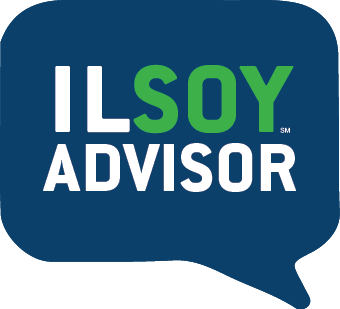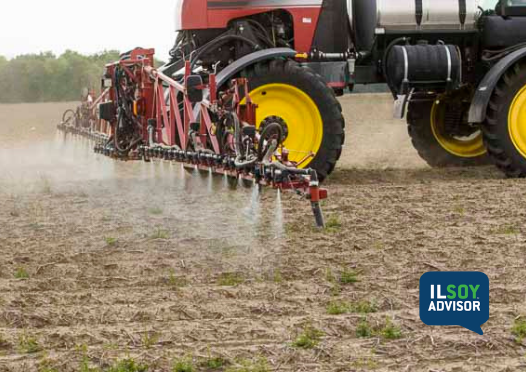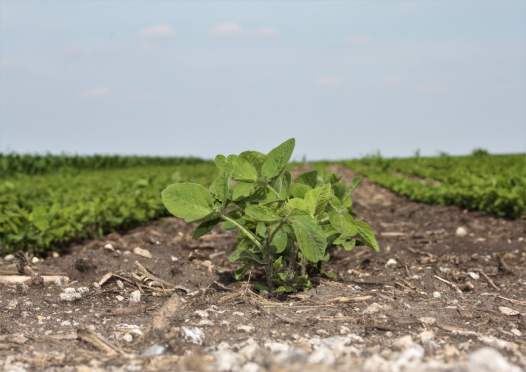ILSOYADVISOR POST
Weeds: Is Your Waterhemp not Going Down?
The University of Illinois Plant Clinic is excited to be providing a new service to Illinois soybean growers. The Clinic is now offering molecular screening of waterhemp populations for resistance to glyphosate and PPO inhibitor herbicides this growing season. These protocols, developed by University of Illinois Weed Scientist Dr. Pat Tranel through support from the Illinois Soybean Association and DuPont Pioneer, are now being offered through the Plant Clinic. The project has demonstrated the full gamut of planning, from problem definition to supported research to development of a commercial service. Knowing if you face a resistance issue in your field will help you make the best weed management decisions.
Herbicide-resistant waterhemp populations continue to expand into more areas of Illinois each season. Waterhemp has evolved resistance to herbicides of more mechanisms of action than any other Illinois weed species. While an individual waterhemp plant may not be resistant to one or more herbicides, screening has shown the majority of field-level waterhemp populations contain one or more types of herbicide resistance. Unfortunately, this project has also shown the occurrence of multiple herbicide resistances within individual plants in individual fields. Don’t know if you have resistance or an application failure? Let us test it to get an answer for you.
To submit waterhemp weed samples: After applying your herbicide mix, select five waterhemp survivors in the field. Remove the top two inches from each plant (containing young, newly emerged, healthy leaves), and seal it in a sandwich-sized zip-top plastic bag. Use a separate bag for each plant. Do not place damp paper towels in bags. Place the bags in an envelope and send by overnight delivery to the University of Illinois Plant Clinic. Ideally, samples should be sent the same day they are collected, but if necessary, they can be stored for a day or two in a refrigerator (but do not freeze). Do not send samples on a Friday or Saturday. Submit the sample with the sample form available at the Plant Clinic website link: http://web.extension.illinois.edu/plantclinic/downloads/WaterhempForm.pdf .
Completely fill out the form for each field (1 field=5 plants=1 sample). The fee for the molecular testing is $50 per tested field. This includes both tests. Please include herbicide use history, herbicides and rates applied this season, comments on observed weed control, and any other relevant information. We look forward to being able to help with your pest identification problems and solutions.
Picture 1.Top of waterhemp plant. Picture credit University of Illinois Plant Clinic.




Comments
Add new comment